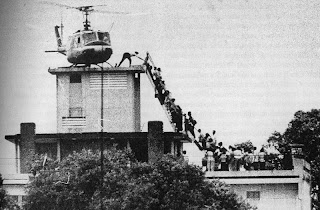If you haven't noticed, either from reading my blog, chatting with me on Twitter, or stalking my Facebook page, I am a geek. Well, I write about theatre for a living so there's the artsy geek, but the other day, my editor-in-chief called me an "aficionado" of geek films, when I told him I was seeing "Man of Steel" (aka: "Henry Cavill's Abs"), tonight.
But one of the things I love about summer, and what I've always loved about summer, were superhero and fantasy films, which takes that human pathos and realism that you see the other days of the year, and adds in superhuman strength and dragons. What I'm looking forward this summer is the movie "World War Z," about the zombie apocalypse and the ensuing war, adapted from the book by Max Brooks.
Judging from the reaction from my brother-in-law to the trailer, it's not quite clear that the movie is about zombies. He thought it was about a virus (a la "Contagion"), because the trailer never hones in one blood-thirsty individual zombies, instead utilizing wide, tracking shots of zombies as a virus-like hoard, as you can see in the poster below.
I love this poster, I think it's both striking and horrifying, as well as very old-school cinematic. And that last part may be because it references, I don't know if it's conscious or not, this iconic photograph by Hubert van Es of the end of the Vietnam War, taken in Saigon at the American consulate of the CIA evacuation.
I may be reading too much into a summer movie poster.
While I don't enjoy the jump-off-your-seat-horror, "Night of the Living Dead," "28 Days Later" type of zombie films, I do enjoy zombies as an allegory, such as in "The Walking Dead." That show is similar to "World War Z" (or what I know about it), which focuses on living characters reacting in a hostile post-apocalyptic environment, rather than running and shooting zombies Milla Jovovich-style. And when it seems like civilization is ending (which was the fall of Saigon seemed like to a large number of people), the ones still standing turn into a mindless hoard focused on one thing: survival. For the living, it's the way to keep on living. For the dead: it's brains.
Much like the book, and what I'm hoping the film will be, the "World War Z" poster is a reference to past failed wars and future wars. Not that I'm saying "World War Z" is an allegory for the Vietnam War in particular. It's an allegory for wars in general. And it's always fun to get a reference that may not be the most overt.
Enough about wars and death. Let's close on a more upbeat, Jonathan Coulton note.



No comments:
Post a Comment